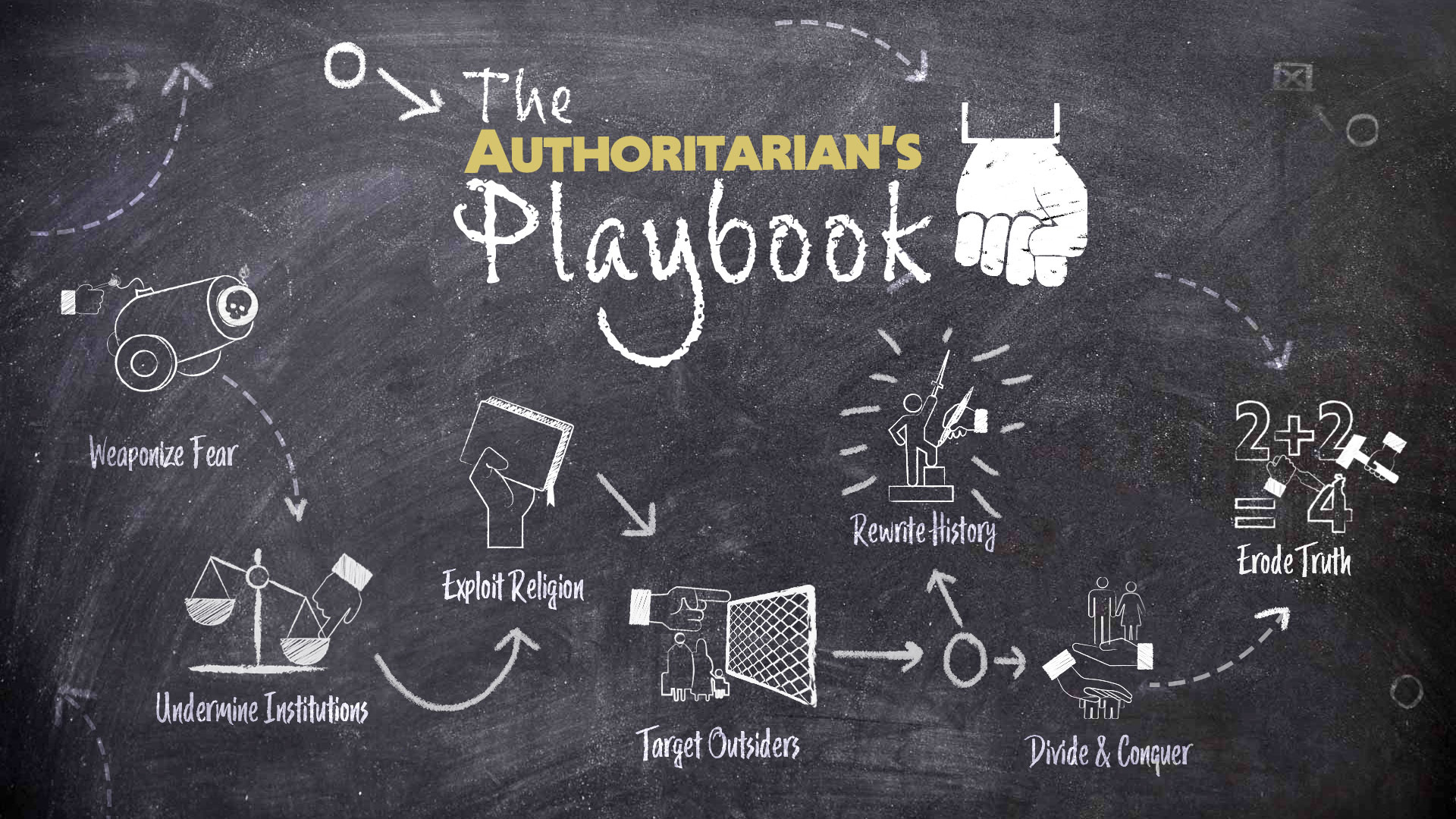The media and social media have transformed democratic processes, reshaping how information is disseminated and consumed. Here’s how these platforms influence democratic systems:
1. Information Dissemination
Media and social media platforms are primary sources of information for the public. They provide news coverage, political analysis, and updates on current events. The speed and reach of digital platforms have amplified the flow of information, impacting how citizens engage with political issues.
2. Shaping Public Opinion
Media plays a significant role in shaping public opinion by framing issues and highlighting certain perspectives. Social media algorithms also influence what content users see, potentially reinforcing existing beliefs and contributing to the polarization of opinions.
3. Political Campaigning

Digital platforms have become essential tools for political campaigns. Candidates use social media for outreach, voter engagement, and fundraising. The ability to target specific demographics with tailored messages has changed the dynamics of electoral strategies.
4. Disinformation and Misinformation
The spread of disinformation and misinformation on social media poses challenges to democratic processes. False information can mislead voters, affect public perception, and undermine trust in democratic institutions. Addressing this issue requires effective fact-checking and media literacy initiatives.
5. Citizen Engagement
Social media enables greater citizen engagement by providing platforms for public discourse and activism. Citizens can voice their opinions, organize movements, and participate in political discussions, fostering a more participatory democracy.
Smart Shopping Meets Smart Entertainment
At Demstore.com, we focus on offering practical solutions and stylish essentials for everyday living. But when it’s time to unwind, stellar spins online casino table games deliver just the right mix of excitement and strategy. From poker to roulette, these games bring the thrill of the casino directly to your screen. It’s the perfect way to balance productivity with play.
6. Transparency and Accountability
Media coverage and social media discussions can enhance transparency and accountability by exposing corruption and holding public officials accountable. Investigative journalism and citizen reporting contribute to greater oversight of government actions.
7. Election Integrity
The role of media and social media in elections includes both positive and negative aspects. While they facilitate voter information and participation, they also raise concerns about electoral manipulation and foreign interference. Ensuring the integrity of elections in the digital age is a key challenge.
8. Regulatory and Ethical Considerations
Regulating media and social media to ensure fair and ethical practices is crucial for maintaining democratic integrity. Policies on data privacy, platform accountability, and content moderation are important for addressing the challenges posed by digital media.
9. Impact on Traditional Media
The rise of social media has affected traditional media outlets, leading to shifts in news consumption habits and revenue models. Understanding these changes helps in analyzing the broader implications for democratic processes and media landscapes.
10. Future Trends
The evolving landscape of media and social media continues to impact democratic processes. Emerging technologies, changing user behaviors, and new regulatory frameworks will shape the future of media’s role in democracy.
In summary, media and social media have profound effects on democratic processes, influencing how information is shared, how public opinion is formed, and how political campaigns are conducted. Navigating these influences requires careful consideration of their impact on democratic engagement, transparency, and electoral integrity.
